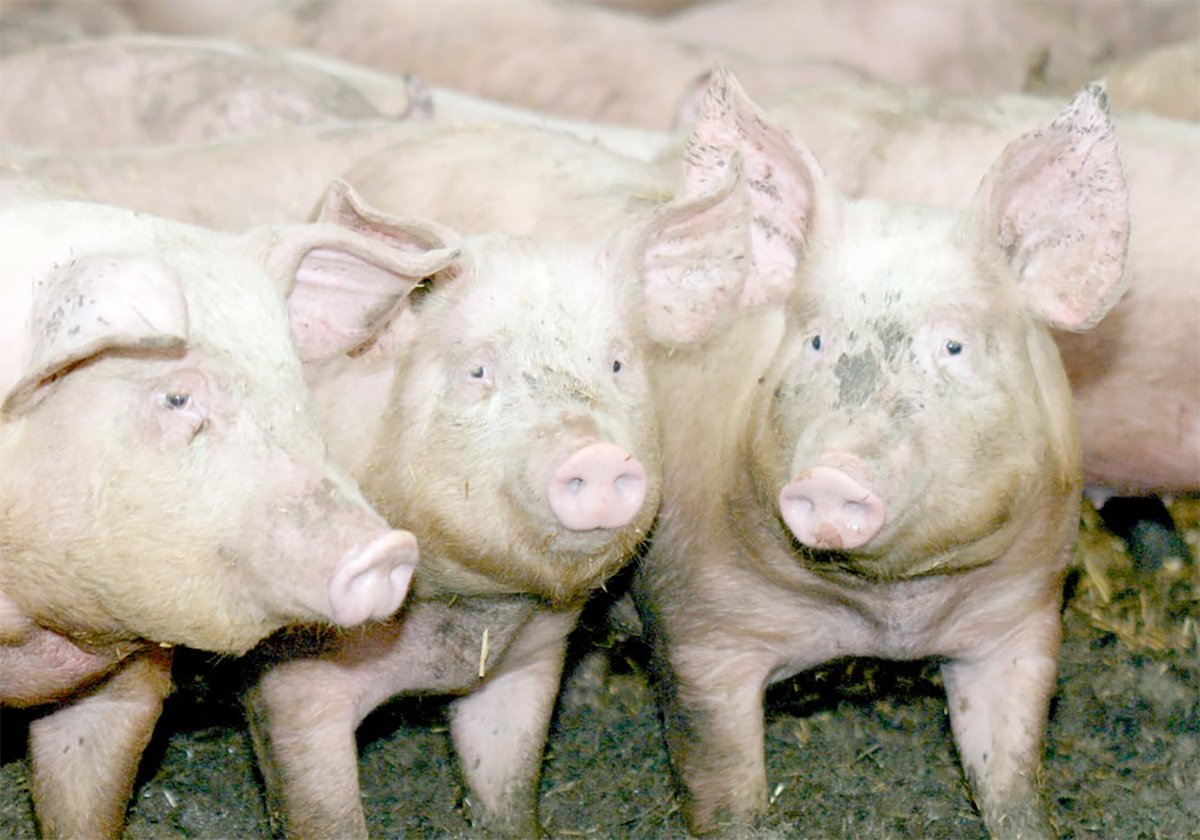The Canadian Food Inspection Agency has strengthened its program to find and eliminate the fatal brain wasting disease scrapie in the national sheep and goat flock.
“We’re trying to become much more active and become more rigorous and really go after it,” said Penny Greenwood, senior staff veterinarian with CFIA.
“Our program has always been responsive and reactive. We would like to eradicate scrapie from Canada by searching it down and trying to find it and trying to get rid of it once and for all.”
Read Also

The Western Producer Livestock Report – November 13, 2025
Western Producer Livestock Report for November 13, 2025. See U.S. & Canadian hog prices, Canadian bison & lamb market data and sales insights.
A scrapie eradication program has been in place since 1945. The disease was first diagnosed in Canada in 1938.
The combination of BSE’s negative effect on livestock markets and the advent of the national mandatory sheep identification program have made it possible to do more active scrapie surveillance, Greenwood said.
Previously, random sheep samples taken from an auction market or abattoir had little value in helping track down the original flock.
By launching a national scrapie surveillance program ,the CFIA and several provincial agriculture departments hope to identify every infected animal and eradicate the disease from the country.
“We’re looking to target the high-risk sheep,” Greenwood said.
Like cattle producers, sheep producers are asked to submit the heads of sheep and goats older than one year that die on the farm or have unexplained weight loss, problems walking or standing, or show changes in behaviour.
Unlike cattle, there is no financial incentive to submit the heads for testing except that the test is free, Greenwood said.
For more than 20 years, sheep and goat producers have had difficulty disposing of dead animals because of scrapie.
Greenwood said the goal is to test 3,000 to 4,000 heads a year from mature or diseased sheep and goats, but with limited drop-off locations, it may be a stretch to reach that target.
Greenwood also acknowledged a stigma is still attached to finding a scrapie-positive animal in a flock.
“It can result in losing a large portion of your flock or a proportion of your flock being subject to quarantine. That fear is quite real for some people,” she said.
There are no clear numbers of the disease in Canada, but it is diagnosed “consistently” in Quebec and does “pop up fairly regularly” in Ontario, Manitoba and Saskatchewan, she said.














